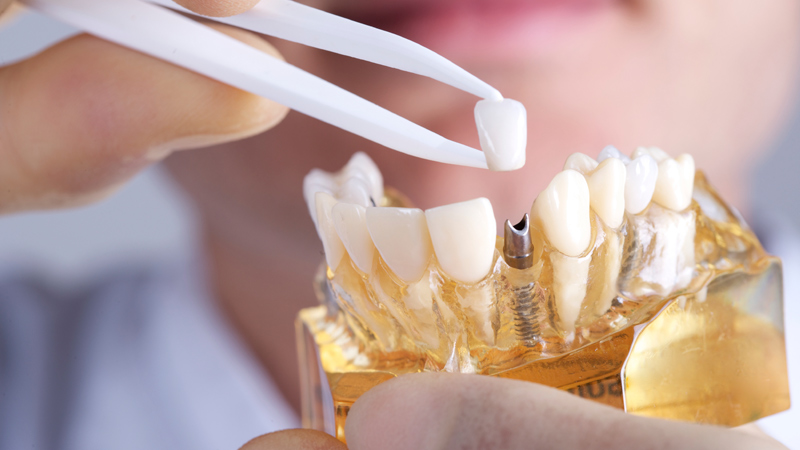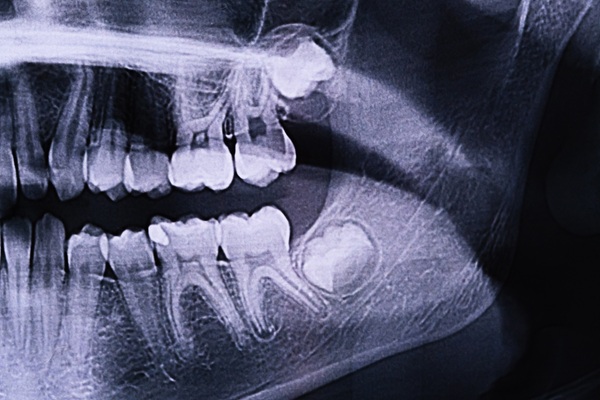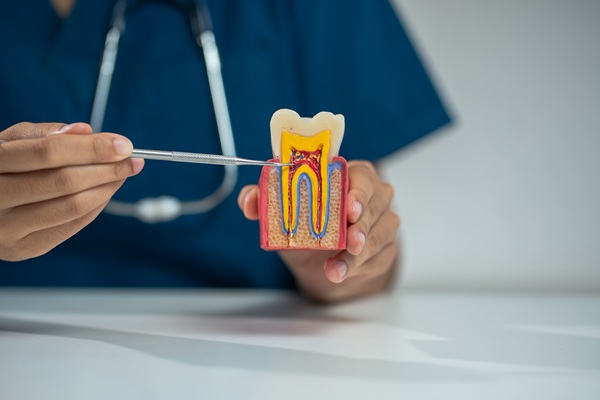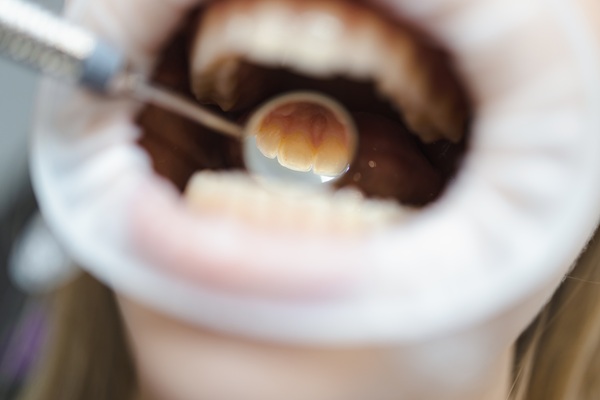So, you’ve lost a valuable tooth (or several) – what now?!
Missing teeth can be an unfortunate fact of life for many, and whilst the reasons for this are varied, the gold standard of tooth replacement in most situations are dental implants.
“What exactly is a dental implant” I hear you say?
A dental implant is like a prosthetic tooth, that locks into your jaw bone the same way the roots of natural teeth do to help stabilise the tooth on top. The ‘tooth’ part clicks in to the base of the implant to create a natural-looking replacement for missing teeth. Implants can also be used to stabilise dentures that won’t stay still when chewing, talking or smiling. Dental implants are made from the same material as other prostheses for the body – titanium! Titanium is strong, long-lasting and highly biocompatible.

“But why do I need to replace a missing tooth?”
Many people have missing teeth for years, unaware of the options for replacement, or the impact this has on the surrounding dentition.
We often say to ourselves: ‘it is just a back tooth, it isn’t important’. However, imagine your mouth as a house – where the back teeth are the foundations that hold the house up solid and strong, protecting it from wear and tear. Now, the front teeth are like the gardens, windows etc. that aren’t structural but make the house look presentable! The same is true for your teeth – without the back teeth to protect them, the front teeth wear more quickly and more severely. The back teeth hold an important role in preserving the shape of your face (especially as you age), the health of your jaw joint and help you to chew and digest food properly.
Dr James Digges has completed the Graduate Diploma in Dental Implants at the University of Sydney and offers some thoughts on the use of implants in dentistry today. “Implants are a good option for people who want to replace missing teeth, or stabilise loose dentures”.
Dr James regularly places dental implants at Bellevue Hill Dental and is clear about the need for a thorough consultation process “it is important to select the right patient and gather a good history of medical and dental health. Dental implants are not suitable for every patient and we must examine for signs of active periodontal disease and establish good gum health before we proceed with any surgery”. Dr James says: “having healthy gums is integral to the success of dental implants”, and recommends that you see your dentist or dental hygienist regularly to achieve this.
For more information on dental implants, see the section on dental implants on our website. Or, you can visit:
The American Dental Association information pamphlet:
http://www.ada.org/~/media/ADA/Publications/Files/ADA_PatientSmart_Implants.ashx
Colgate information pamphlet:
https://www.colgate.com/en-us/oral-health/implants/what-are-dental-implants
The American Academy of Periodontology information page:




